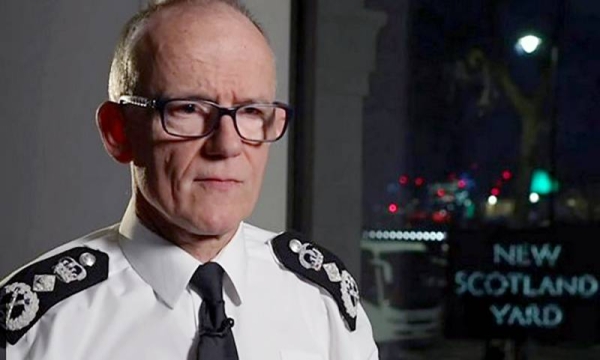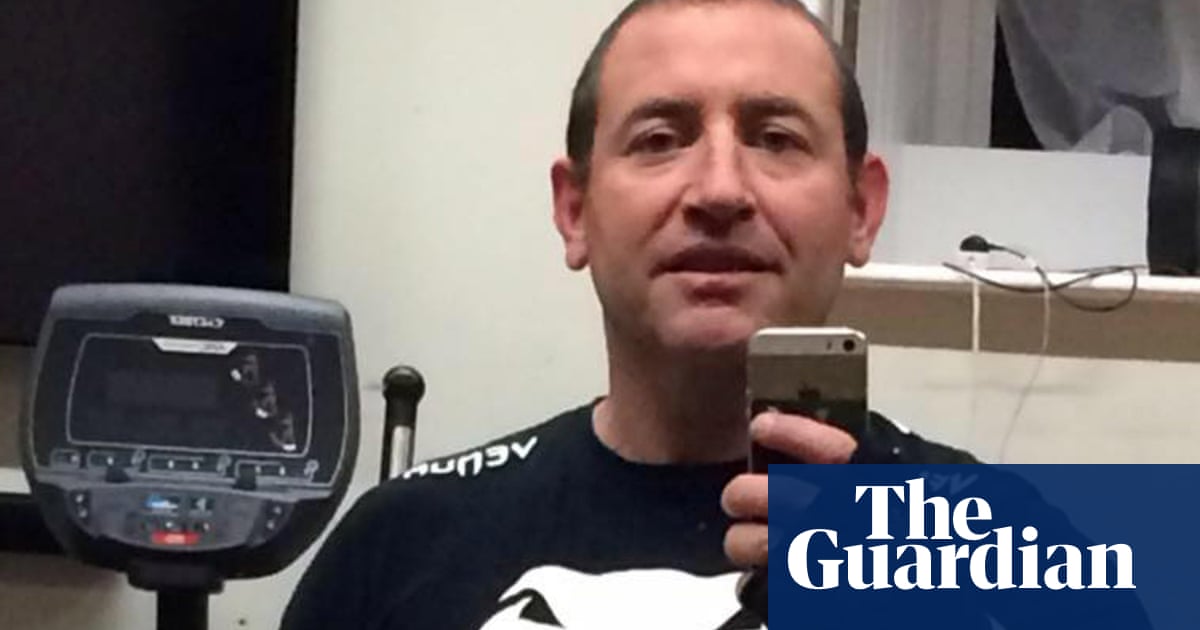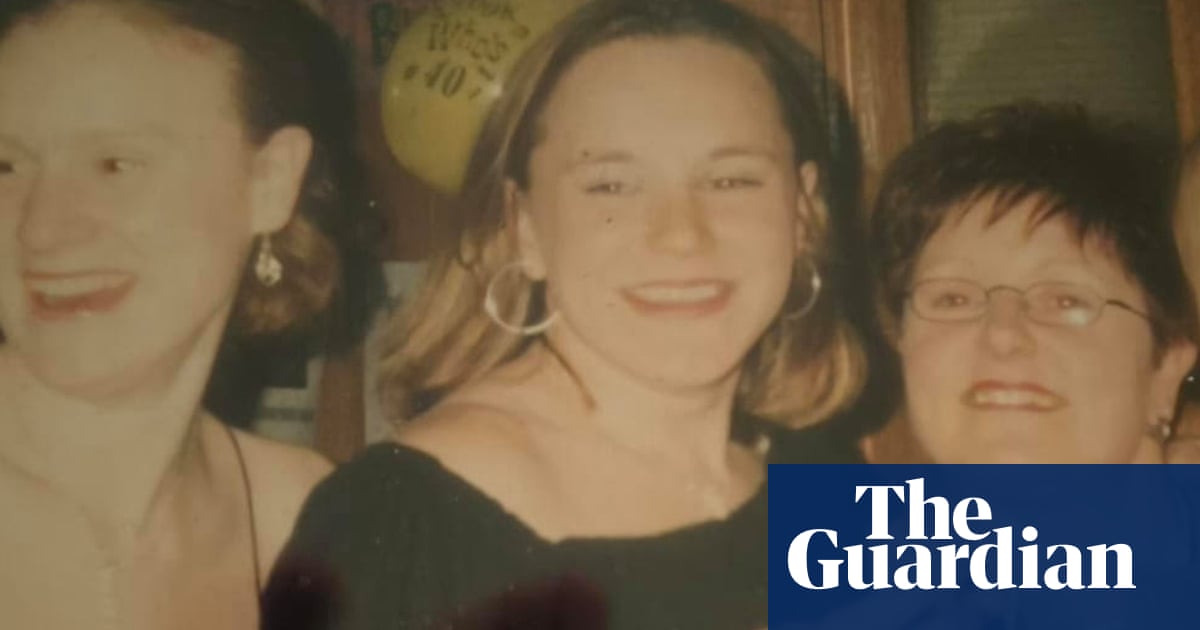
here have been a lot of questions about stop and search and, more recently, vehicle stops. One point that I think is often lost in the debate is that we do a job that is scary at times, and as officers we need to constantly take risk and our safety into account. When we stop and search, as long as we can justify our decision, we are using powers that we have been given within our communities. On each separate stop we don’t get much wrong; the problem comes when you realise that the individual has been stopped more than 14 times and we have never found anything. We can’t explain that. That is where we face more challenging questions at the policy or even institutional level.
I can go on to the estate where I work and stop every young person on suspicion of possession of cannabis, since the smell of weed is very common and in some areas everywhere, and there is no way that I could be challenged in real terms by my superiors. It is hugely disproportionate to allow some police forces this power, when the outcome is usually finding nothing at all. No one is saying possession of weed is the big problem, yet it gives officers the power to put their hands in everyone’s pockets. We go on estates and search for cannabis all the time, it’s ridiculous. It is difficult to develop trust when we’re constantly stopping and searching young people. If we did more to support youth work and foster engagement, we could find out who is making problems – and leave everyone else alone. We are now in a situation where there is a barrier of distrust, which means we do not get the information from those facing the most difficult circumstances.
So why do we persist in retaining this power? Is it because we want to win the war on cannabis? I would doubt it; when we do catch people with weed we do very little, giving them community resolutions, which are a slap on the wrist. So what is our reason? In my opinion, it is because it can be really useful. It is a way of asserting power and control and seen as disrupting gang activity. If we take away the power to search for cannabis, we give that up. We can misuse it without getting in trouble.
Some forces no longer even deal with low-level possession. Yet our stop and search figures for cannabis suggest it is a huge priority. We could stop it as a way of building trust with young people in our city. If you see the benefits of legalising cannabis in the US, in some states, this would be a way of freeing up time and resources. What we don’t have, I believe, is enough people dealing with the higher level to take out senior drug-supply heads.
Regarding oversight, the biggest issue is that we are all islands. We are all responsible for our own actions and choices. So there is a culture where leaders don’t lead. Things aren’t challenged. No one looks at who we are stopping and asks any real questions. They may look at what you’ve written on the computer and say there are not enough grounds here to justify this search: then you just go back on the computer and add more to make sure there is a belt-and-braces legal account.
Plus, people are not trained very well, especially in self-defence (or OST, officer safety training as we call it). We’re encouraged to learn our own martial arts. During incidents, everything we do should be filmed on our body cams; but nobody checks the things that aren’t reported in the media or complained about. I’ve got more than 1,000 clips and no one has ever watched them. If you’ve made a mistake, you can leave it for 30 days and keep your head down and hope no one makes a complaint. Then if you don’t press save, it erases itself.
The impact of the cuts has meant many teams have no supervisors on a day-to-day basis. Officers who are failing are just moved and people who aren’t up to standard are coming in. We’re just trying to take anyone we can to fill a uniform, and we have a lot of officers who are neither culturally aware nor live in the areas they police. I believe I hold my head up high with the way I behave with all people, but you worry about your colleagues.
Phrases such as migrants should be “sent back where they came from” go unchallenged in the station. I’ve heard colleagues say “all lives matter” and “white lives matter”. One that really upset me, when the Black Lives Matter protests were taking place, was when I heard somebody claiming young people of colour who lived locally to us would all be rioting in central London. The police station is the ultimate echo chamber, and we’re on the defensive. Our first instinct is always to see it from the officer’s point of view; it’s difficult to see beyond that when a feeling of being under attack pervades.
We have not seen any direction since George Floyd was killed. We had a couple of emails, but nothing has really changed. No uncomfortable conversations are taking place. Meanwhile, the boss, Ma’am Dick, has decided that she will back us on stop and search because she believes it is the best tool to stop knife crime. Ultimately, there is a fear that if we have a conversation about BLM, what would we hear, what would we say – it would be difficult.
Lots of officers, of all ethnicities, are passionate about BLM, would take a knee, and do speak out internally for the right to protest. Lots of people are awake to the changes in the world but, like in wider society, maybe we are the minority. My general observation is officers increasingly have less of an understanding of how to police communities in London. You have to be conscious.
An email came out last week about racial profiling. I read those stories about the inspector who was stopped by his colleagues. It was difficult to justify, as was the Dawn Butler horror show. Things have improved dramatically in the past 10 years – we used to be sent to parts of north London with instructions to just search young black males in hoodies – but many black, Asian and ethnic minority officers remain convinced the Met is institutionally racist.
• The author is a Metropolitan police constable with over a dozen years’ service. As told to Mattha Busby












